Will Karachi's brand-new Adab Festival change lit fest culture or serve more of the same?
This weekend a new festival will attempt to make its mark on Karachi's thriving festival scene — The Adab Festival, promoted as a celebration of literature and culture.
The Adab Festival is co-founded and managed by Ameena Saiyid , former Managing Director at Oxford University Press Pakistan and the co-founder of the Karachi Literature Festival, and Asif Farrukhi, writer, academic and co-founder of the Karachi Literature Festival.
Its founders intended to name their joint venture 'The Pakistan Literature Festival' but according to them, legal proceedings initiated against them by OUP caused them to christen it The Adab Festival instead.
This contentious backdrop and Saiyid and Farrukhi's swift dissociation from the Karachi Literature Festival raises questions; in this interview Adab Fest's founders try to address them while introducing this new initiative to the public.
Images: Ameena, you founded the Karachi Literature Festival when you were Managing Director at OUP. Can you tell us how you decided to found the Adab Festival after leaving OUP?
Ameena Saiyid: My leaving OUP was on the cards for some time. I left OUP in December and then Asif Farrukhi and I decided to start a new venture, a new festival, which will be different in the sense that it will cover more than literature. It will cover culture, history and literatures across Pakistan. After 10 years of experience, we felt we could design a new festival which would be more encompassing and more meaningful.

So we have a lot of programs in this festival, which is covering the different regions of Pakistan. We even have a puppet show highlighting the four provinces. There will be a film on Gilgit-Baltistan, so people from Gilgit-Baltistan will be there. So we really feel we're covering the whole country in all its aspects. We're also giving an important platform to young, emerging writers in addition to the established ones. People love to interact with known writers, which encourages them to write as well. But we also have the youth.
Images: And Asif, how did you decide to host the Adab fest?
Asif Farrukhi: Ameena and I have been partners in crime for promoting book-reading as much as possible and over time, we realised that these literature festivals have become kind of a movement that started in Karachi but has gone to all cities in Pakistan, even educational institutions. This is a movement that has to be taken to scale because reading in Pakistan has to be promoted, younger people must be drawn towards books and Pakistani writers need to be highlighted.
Images: Why didn’t you continue on with the Karachi Literature Festival?
Asif: Frankly, nobody asked me to! I just couldn’t be a one-man institution and with Ameena, I knew that the interest was very much personal and not just organisational and wherever she goes and wherever I go, we would continue to talk about these things.
She and I had to go through a lot of hardship, and you know whether we were in a nice bistro in Karachi or the cafeteria of the high court, the conversation continued so the discussion itself, the contents are most interesting, engaging and relevant.
Images: Could you clarify what Adab is exactly -- is it a festival, a society, a not-for-profit? And do you have a dedicated staff working with you?
Ameena: We have registered it as a society with eight trustees, it is now an established society called Adab Festival Pakistan Society. Adab Festival will be a traveling festival. It will travel to other parts of Pakistan. Maybe it will travel on its own or maybe it will travel in the form of a collaboration with other people. Actually the whole idea is to make this into a movement and the only way we can do that is by collaboration. But whenever its possible we'll go on our own and it will travel all over Pakistan, and maybe even outside Pakistan.
We've already had requests from Pakistanis in the diaspora, especially in the US. They are offering us so much support and sponsorship, asking us to take it to a few different cities there.

Asif: We don't have a team as we don't have an organisational structure to back us. So we're relying on volunteers and interestingly we are able to tap the energy the potential of engaging young men and women. My students who are all very interested in literature have jumped up [to help], somebody is doing short videos, somebody is helping with the design and somebody will be helping with the hall management. This is a good thing and one of the ideas is that if they engage with this and apply their skills... they'll see their motivation and will be able to apply their skill to things related to literature and social sciences and see our [Adab fest's] relevance.
Images: You have previously mentioned that legal proceedings have prevented you from using your original name 'Pakistan Literature Festival'. Could you shed light on this?
Ameena: The case is still in court so I can't really talk about the merits of the case.
The name Adab Festival came later. Initially we wanted Pakistan Literature Festival because of the idea that we'll take it across the country. But OUP took us to court because they didn't want us to have a competing festival.
My own idea was that everybody should have a festival and it should be all over the country but whatever the reason was, they took us to court. So as per the case we decided not to use the title Pakistan Literature Festival and that's why we changed it to Adab Festival.
Images: On that point, is Adab intended to compete with the Karachi Literature Festival?
Ameena: There is a Sindh Literature Festival and a Hyderabad Literature Festival. We don't regard any of these as competition. I feel that in a city like Karachi with over 20 million people, there should be a festival every day.
Images: How is Adab Fest being funded?
Asif: We have become a non-profit society and we're relying on funds from a variety of sources, which include the corporate sector of Pakistan.
But we have no funding from the government. This was very dear to us that although the government is supporting us by giving us the beautiful lawns of the governor house, that's where our linkage with them stops. Because if we take funds from the government, there will be a need for some sort of understanding where we will have lines that shouldn't be crossed. We have been very conscious of making sure the Adab Fest goes according to our vision and no one else's guidelines.
Images: What’s different about the Adab Fest? Are there any things you couldn't do before because of institutional constraints or other issues?
Ameena: This time around, you’ll see a lot more book launches. The business of writing has become more dynamic so you’ll see many young, emerging writers. Out of our 52 sessions, 25 are book launches. We have a little more emphasis on education and if you also look at the subjects being covered, they’re slightly different. We’ll also be having a puppet show because we want to cover different genres and more coverage of other languages like Sindhi, Punjabi, even Wakhi, this language of Hunza.
Asif: One of the things we couldn’t do was have as many new books highlighted as possible coming from a variety of sources and people. Of course there have been things we haven’t been able to do because of funding constraints such as get as many people from outside Karachi as possible.
But things which are different is a greater emphasis on artistic creativity, on the interrelationship between the arts and a greater emphasis on Pakistani craft and Pakistani heritage in arts and literature. So people should expect that it will not be the mixture as before. It's going to be different to the extent it was possible for us, given our limitations, with a greater sense of variety.
Images: Which sessions or speakers are you looking forward to?
Ameena: Vali Nasr is our keynote speaker who’s coming from Johns Hopkins. Two more speakers who will be coming and speaking in Pakistan for the first time: Fatemeh Aman, a research fellow with the Atlantic Council and Shamila Chaudhary, who has worked as an advisor on South Asia at the White House.
In addition, we have people like Zehra Nigah, Kishwar Naheed, Amar Jalil, all our favourite authors.
We also have H.M Naqvi’s book launch; it was supposed to be launched at Jaipur Lit Fest but unfortunately he didn’t get a visa. This is the first time it is being launched.
If you look at the list of topics and the subjects that are covered and the authors who are coming, it is quite fascinating, especially on Aftab Nabi there's a session on Hood Rebellion and the colonial rule in Sindh it covers the period from 1843 to 1947 I think that's going to be quite a gripping session.
If you really want to have a good laugh you should attend the Fasi Zaka and Nadeem Paracha session which is moderated by Zarrar Khuhro. So there's a lot of comedy, Shafaat Ali is coming and we have invited Mai Dhai but I believe she is going to confirm. We're kicking off with a favourite Sindhi Abida Parveen song 'Mor Tho Tule Rana'. There's a dance based on that song, so there will be a lot of Sindh representatives.
Asif: My interest would be to begin with the puppet show. It's been ages since I've seen a good puppet show in Karachi so I wouldn't want to miss that. Then there are many interesting sessions, like the one with Zehra Nigah and Saif Mahmood who is talking about classical Urdu poetry. There is Iftikhar ArIf who is going to be launching Kuliyat-e-Suroor by Barabankvi who was a very beautiful poet who is no longer with us. These two sessions I hope people can attend.
One of the sessions I'm greatly looking forward to is with Noorul Huda Shah and Amar Jaleel, who are two major writers of our time who write in Urdu as well as in Hindi and their conversation is about respect for writers and writers' responsibilities, a writer as a public individual. I'm also looking forward to a session which I'm conversing with Afzal Ahmed Syed, Tanveer Anjum that is going to be worthwhile. There is a scholar coming from the USA, Daniel Majchrowicz who is looking at travel writing by Muslim women in the 19th century and early 20th century -- nobody could imagine so many Muslim women were travelling and were writing books about it.
The Adab Festival kicks off today. The full programme of events can be found here.


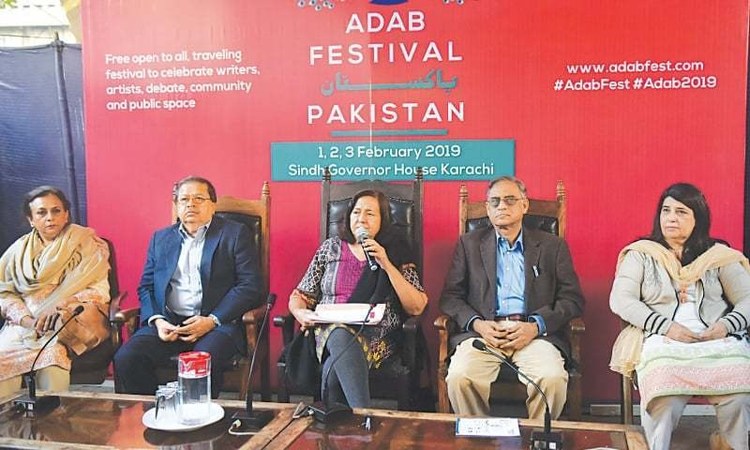


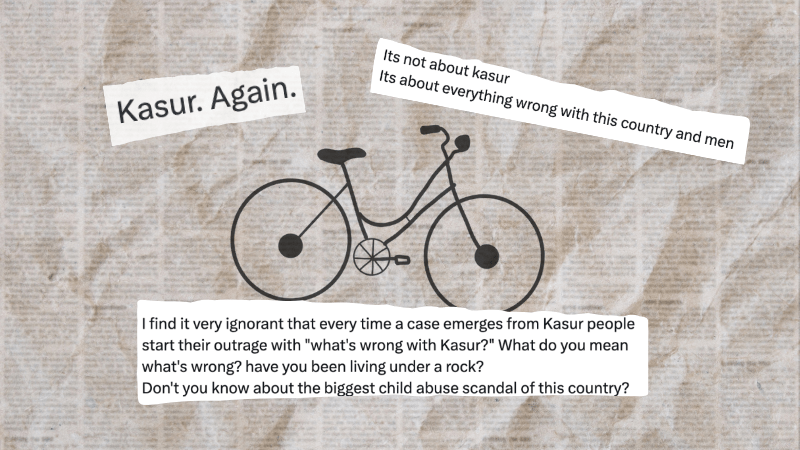
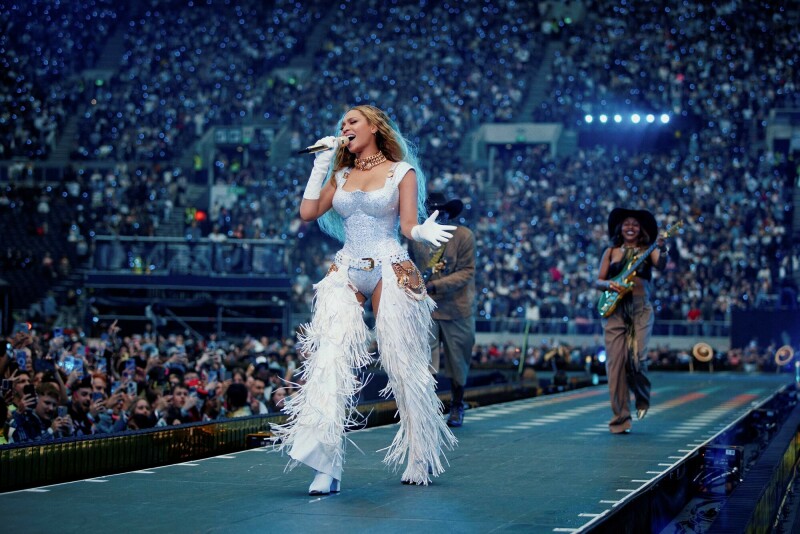
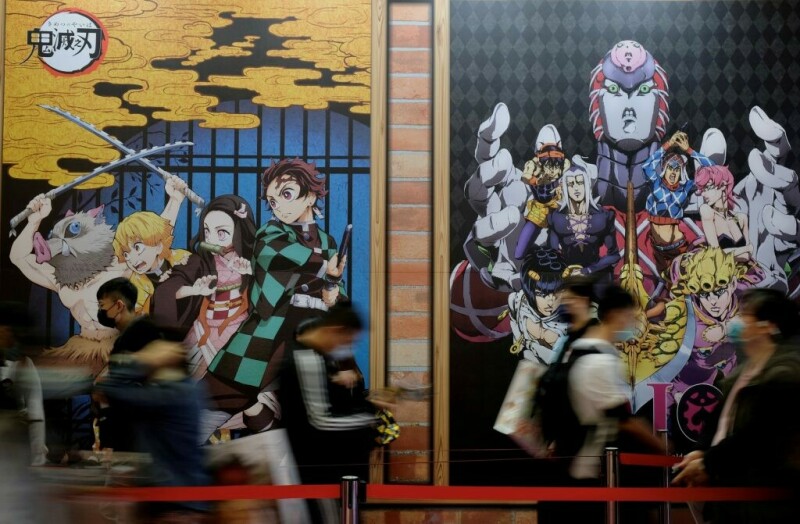
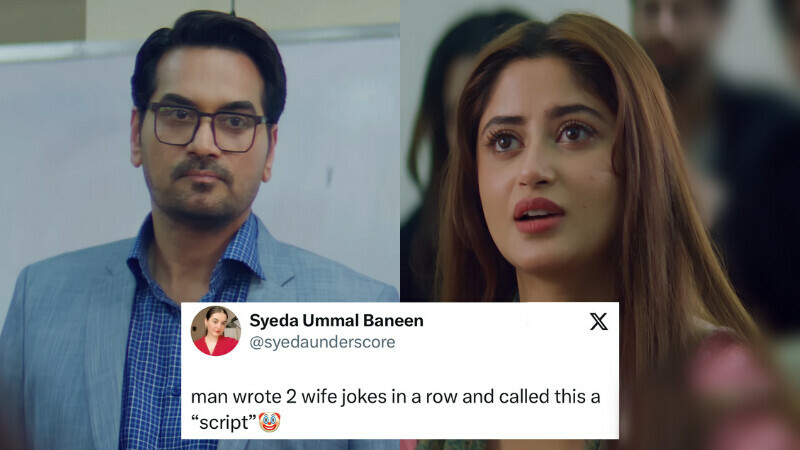


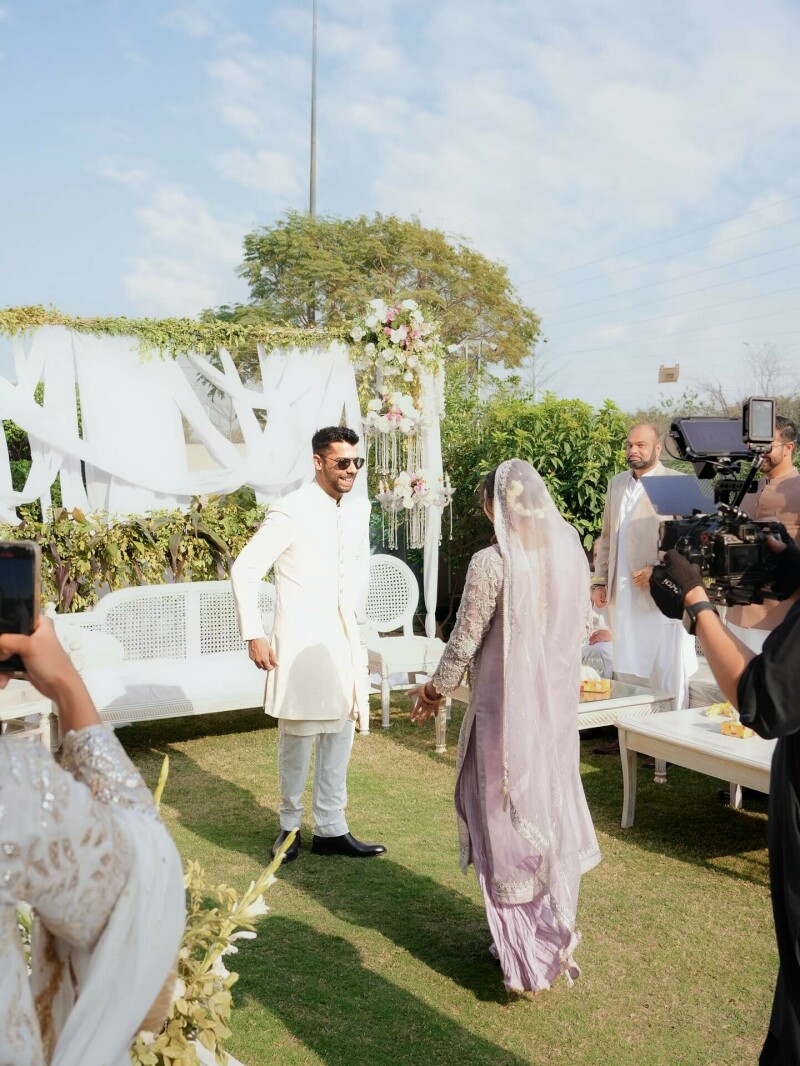

Comments